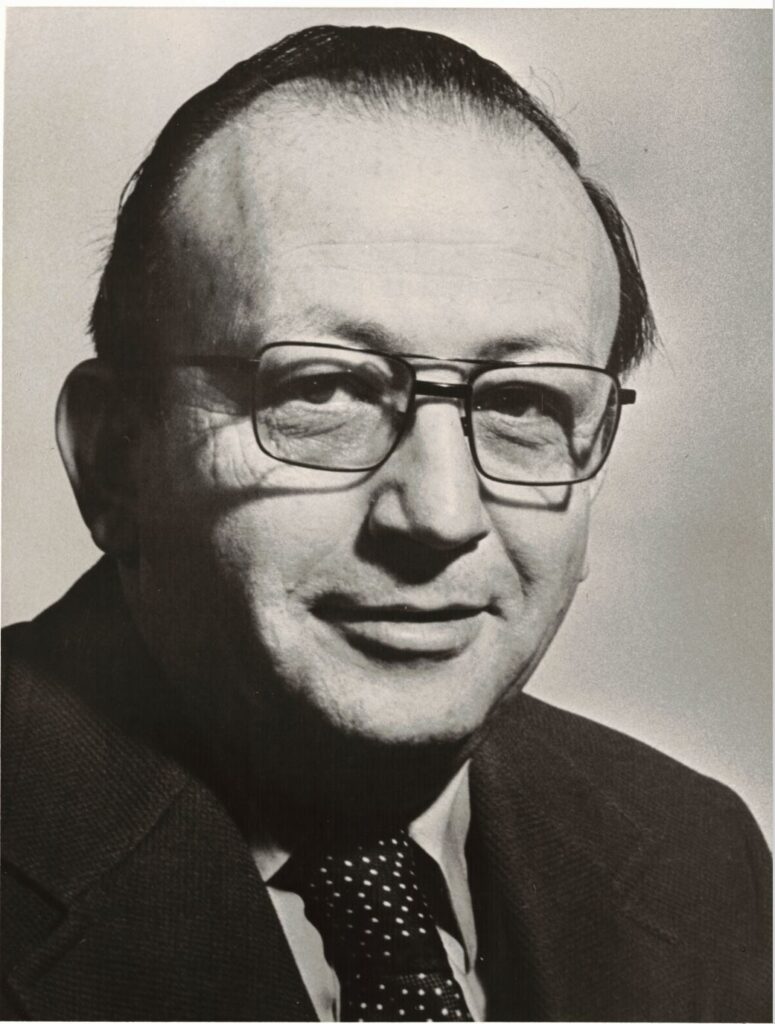
I was 14 when my father got word that his doctor wanted to schedule a follow up visit to discuss his recent chest x-ray. My mother explained this was atypical as my father was accustomed to receiving annual calls to say his x-rays were “all clear.” The look in her eye and tone of her voice told me this spelled trouble.
My dad was a smoker. So was my mom. Big-time smokers; several packs a day. I knew because I was the one they sent to the corner store to buy cartons of cigarettes every week. Stores sold cigarettes to 10-year-olds in the 1950s. My parents started smoking in high school at a time when everyone smoked. Bogart smoked and so did Bacall, each with voices to prove it. So did every other movie star of that era. Kids were in awe of cinema royalty and wanted to be just like them. No one counseled otherwise. Then came World War II. Nearly everyone smoked at war. It was supposedly a way of calming one’s nerves. Wives and girlfriends of those who had gone off to war smoked back home partly for the same reason. Since cigarettes overseas were in short supply, they were highly coveted. Their aura increased.
My parents were both journalists. After the war, Dad returned to a smoke-filled newsroom where he’d labor for hours preparing each day’s paper inches from ashtrays, butts piled high. Newsrooms stayed smoke-filled until the advent of the computer midway through the 70s. It was okay apparently for people to die, but we had to protect computers which were sensitive to smoke. I grew up in a house of smoke. My lungs and I thought nothing of it. We didn’t know any better, but we should have. Smoking as a cause of serious disease had, by that time, been whispered about for several years, culminating in the 1964 Surgeon General’s report that stated conclusively: cigarette smoking causes lung and laryngeal cancer. Even then, smoking was so anchored in the culture that doctors continued to smoke while advising patients to “think about” quitting. Most people didn’t quit. Instead, they became defensive. When I re-entered our house after my first semester at college, I began to choke, having been six months smoke-free. I was promptly admonished for returning from college a smart-alecky kid who thinks he knows more than his parents. No. In fact, I was choking.
Fortunately, Dad’s doctor cleared an opening to see him first thing Monday morning. Unfortunately, it was Friday afternoon when he got the call. The weekend was agonizing for all of us as we hoped for the best and braced for the worst. Would my father lose his life at 41 and I lose my best friend at 14? No matter how I tried to distract myself, the question kept returning. I thought too about the pencil draft of his will I’d stumbled across a few years earlier in the pocket of one of his old bathrobes I’d put on to stay warm. He’d apparently been prepared for a long time. It seemed as if years went by between Friday and Monday.
Dad was the doctor’s first patient Monday morning. “Ralph,” the doctor said, “there’s a cloudy spot on the x-ray that indicates there could be a problem.” Dad kept listening. “I think we should take a second x-ray to see if by chance it might have been a fluke.” The doctor paused as if thinking. “Before we do that, though…” His voice trailed off. “Let me ask you this. In which front shirt pocket do you usually carry your cigarettes?” Dad thought about it for a minute. “The right, why?” “The right,” the doctor repeated, holding the x-ray up to the light. “Did you by any chance forget and leave a pack of cigarettes in your shirt pocket during the x-ray?” Dad’s concerned expression changed to a sheepish grin. “Can I use your phone?” He called home. A moment later, Mom reached into the laundry bin and pulled out Dad’s old green shirt, the one he’d worn the day of the x-ray. There in the right shirt pocket was a crumpled pack of cigarettes with a half dozen remaining, spared from water and shredding in the spin cycle. Dad was spared as well. The doctor insisted on a second x-ray just to be safe which came back normal like those of each previous year.
When I dragged home after delivering newspapers that afternoon, I steeled myself against tears and all manner of doom. Instead, I was greeted with smiles and so much laughter, I could barely understand what they were saying. Eventually I pieced together the story of how cigarettes had saved my father’s life.
Postscript…
Dad died of large cell lung cancer 13 years later. The week he died, Jack Mabley, star columnist for the Chicago Tribune wrote in tribute: “One of my best friends in newspapering, Ralph Hallenstein, died this week of lung cancer. He was the day news editor. For years I have been considered a little strange because I come to work very early in the morning. A primary reason has been to enjoy the company, friendship, and profound professionalism of Ralph Hallenstein…The cigarette industry spends millions creating the image of a cigarette smoker as a manly outdoorsman…My image of the smoker is not the Marlboro man. It is a dead friend…Ralph was only 53. His best years were ahead.”
Wow! Didn’t realize your dad was a well-known journalist! You must take after him- your writing is great!
Thanks, Sue!
He was just Dad. Great guy!